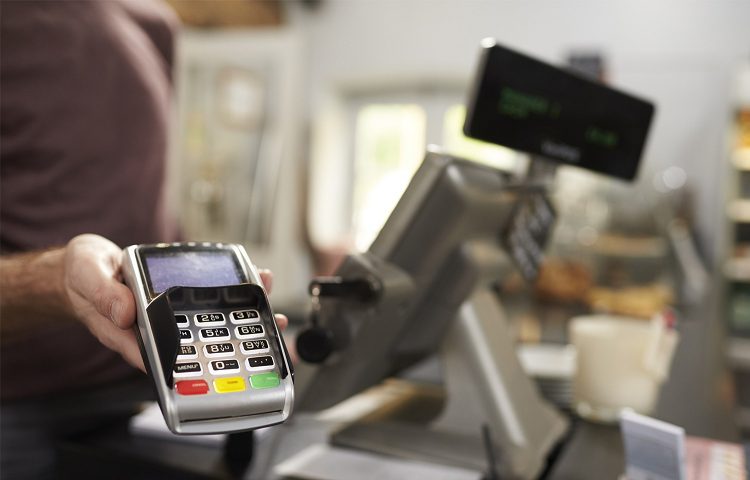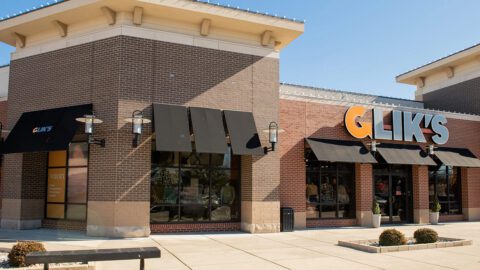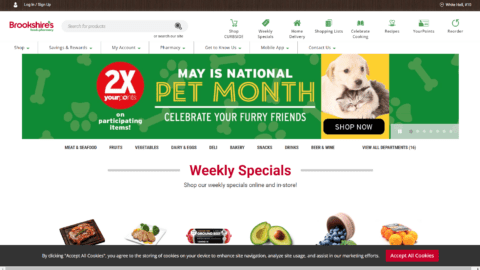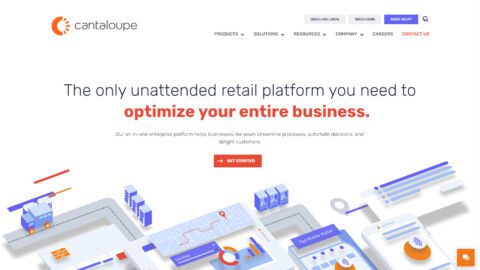The vast majority (92%) of brand manufacturers now believe they can do more with the POS data they collect. This figure represents a remarkable 15 percentage point jump from the 77% who shared this belief in 2017, according to a report from Askuity.
This dramatic upsurge in how much brands value POS data is a good sign for the retailer-brand relationship, as almost all brands now acknowledge that POS data can positively impact their own bottom line.
A majority (57%) of respondents acknowledged that they could do more to strengthen their retail relationships — particularly in buyer meetings — by leveraging POS data. Whether through improved forecasting, greater insight into promotions, increased clarity on new product launches or reducing out-of-stocks, brands are no longer questioning why the data is essential for success.
Data reporting is still largely an ‘all hands on deck’ endeavor: 65% of companies have POS reporting and analysis flowing through analysts, whether just a single analyst or a centralized team. On the other hand, just 26% of companies have their own teams conducting reporting and analysis without the assistance of analysts.
Housewares and Food and Beverage are the most active product categories presently managing their business with the help of POS data, with 74% of these brands leveraging the information. Other top product categories include:
- Health and personal care (69%);
- Home improvement (63%);
- Fashion and apparel (62%);
- Office supplies (61%); and
- Beauty and cosmetics (58%).
Field Sales Teams Need More Access To POS Data
While most brand marketers have “seen the light,” with regard to POS data, there are still execution gaps in getting this data into the hands of those responsible for sales at the store level: 81% of brands said that their field sales team would benefit from having POS on their mobile devices, yet only 53% were providing this level of insight to their field sales team.
Field team managers must ensure that their teams are cost-effective and deliver a strong ROI, making it critical for them to track whether the money invested in field sales results in a net positive return. However, when study participants were asked whether they have a clear understanding of the return from their field team investment, just 36% agreed or strongly agreed. Meanwhile 44% remained neutral while 20% disagreed, or strongly disagreed.
Respondents revealed that their “wish list” for an ideal POS solution would include features and functionalities:
- Sales planning and forecasting (72%);
- Dashboards and retailer scorecards (68%);
- Automated collection of data from retailer portals (67%);
- Self-service access for business users (43%); and
- Mobile application (39%).
Up to 63% of brands are seeking to move away from applications such as Excel in an effort to improve POS reporting and analytics.
“With retail rapidly being re-invented by technology, brands and retailers need each other more than ever,” said Eric Green, CEO of Askuity in a statement. “This study confirms that leading consumer product companies are looking to integrate point-of-sale data into all aspects of their operations in order to adapt and grow their business. We believe that brands who harness the power of retail data successfully will be the winners with both consumers and retailers in the new world of retail.”
The 2018 Askuity POS Data Survey included a total of 496 respondents representing 393 brands across all major product categories.













